Shifting the focus of technology development to businesses
Speaking at the plenary session on May 13 explaining the opinions of National Assembly deputies on the draft Law on Science , Technology and Innovation, within the framework of the program of the 9th Session of the 15th National Assembly, Minister of Science and Technology Nguyen Manh Hung emphasized the shift in focus of technology development towards enterprises.
According to Minister Nguyen Manh Hung, for the first time the draft law has a separate chapter dedicated to regulating policies to promote research and development (R&D) activities and innovation in enterprises.
Accordingly, enterprises are empowered and strongly encouraged to invest in R&D not only with their own resources but also with support from the State budget through the State's priming financial policies according to the principle that the State spends 1 dong to attract 3 to 4 dongs from enterprises. If in the past, the State budget funding for R&D of enterprises was only about less than 10%, in the coming time it will be 70%, 80%.
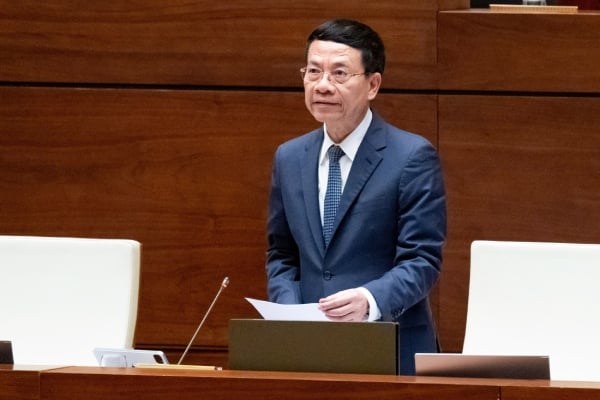
In addition, the draft law allows businesses to account for expenses for R&D activities of the enterprise as production and business costs without a maximum limit. Previously, only about 1% of revenue was spent on R&D and only applied to profitable enterprises. These expenses are also tax deductible with a preferential coefficient of 150% and can be up to 200% if invested in strategic technologies.
In addition, profitable enterprises are allowed to allocate pre-tax profits to establish investment funds in science, technology and creative startups to encourage enterprises, especially large enterprises, to support creative startups, research and development, new technologies, and new breakthrough business models.
The State also has a preferential policy of purchasing scientific and technological products from domestic enterprises and the State also supports enterprises in investing in technological innovation through a number of policies such as loan interest rate support.
There needs to be a specific financial mechanism.
Previously, discussing this issue, delegate Pham Trong Nghia ( Lang Son delegation) said that the draft emphasized the role of enterprises through regulations such as Article 33 on promoting the innovation system, focusing on enterprises; Article 66 on encouraging the purchase of domestic science and technology products; Article 36 and Article 39 on supporting innovative start-up enterprises.
However, delegates proposed adding specific incentives to Article 66 such as exempting loan interest for the first 3 to 5 years, credit guarantees, and adding an innovation voucher mechanism to Article 68. Accordingly, businesses, especially small and medium-sized enterprises, are allowed to use these "vouchers" to pay for research, consulting or technology services from research institutes and universities. This is a mechanism that has been applied by many countries and has been successful.
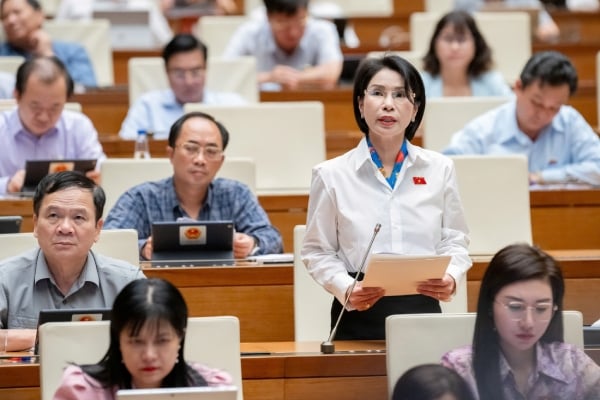
Citing the provisions of Resolution 57, Resolution 193, Resolution 95 on incentives for enterprises investing in digital transformation, research, application of science and technology, and technological innovation, delegate Tran Thi Nhi Ha (Hanoi City delegation) said that the provision in the draft law on the maximum deduction level of the Science and Technology Development Fund for enterprises of only 5% is not appropriate.
According to Ms. Ha, with the provisions in the draft, businesses lack both motivation and resources to make long-term investments in technology and innovation, which are key factors in improving national competitiveness.
"Allow the establishment of a science and technology development fund of up to 15% of taxable income, and for enterprises operating in high-tech and strategic technology fields such as chips, AI, and big data, the maximum level is 20% to create enough room for investment in research and innovation," the delegate proposed.
Regarding finance to attract investment and develop human resources, delegate Sung A Lenh (Lao Cai delegation) assessed that the draft has made progress in encouraging businesses to invest in science, technology and innovation. However, without a specific, simple and accessible financial mechanism, these policies will be difficult to implement, especially for small and medium enterprises - a group that accounts for a large proportion of the economy.
Mr. Sung A Lenh proposed to add regulations on the mechanism for the State to share risks with enterprises in technology projects with high applicability and commercialization potential. Flexible financial tools such as guarantees, seed capital credit or preferential interest rates are needed to encourage enterprises to invest boldly.
"For human resource development, this is a core factor, but there are still bottlenecks in terms of working environment treatment and procedures for attracting domestic and foreign experts. I propose that the draft supplement policies to support businesses in internal human resource training with a mechanism for bidding for training according to market demand, especially specific policies to attract talents and leading experts with truly attractive working conditions," the delegate said.
Source: https://doanhnghiepvn.vn/cong-nghe/ngan-sach-tai-tro-ve-rd-cua-doanh-nghiep-se-len-toi-80/20250514061036728



![[Photo] Discover unique experiences at the first World Cultural Festival](https://vphoto.vietnam.vn/thumb/1200x675/vietnam/resource/IMAGE/2025/10/11/1760198064937_le-hoi-van-hoa-4199-3623-jpg.webp)


















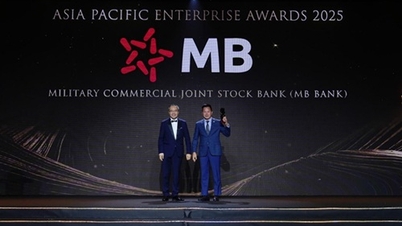

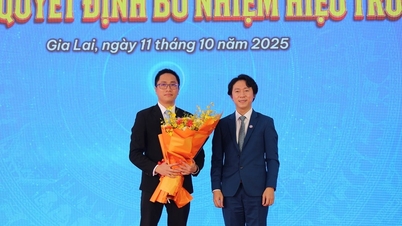

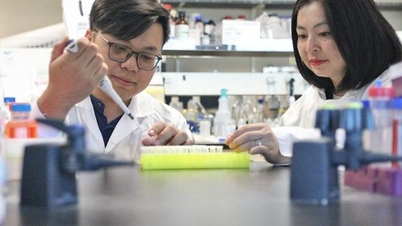
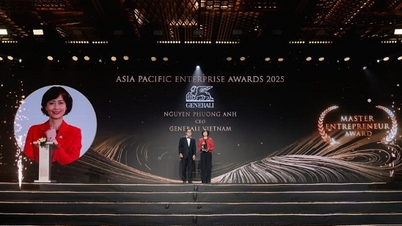
![[Photo] General Secretary attends the parade to celebrate the 80th anniversary of the founding of the Korean Workers' Party](https://vphoto.vietnam.vn/thumb/1200x675/vietnam/resource/IMAGE/2025/10/11/1760150039564_vna-potal-tong-bi-thu-du-le-duyet-binh-ky-niem-80-nam-thanh-lap-dang-lao-dong-trieu-tien-8331994-jpg.webp)

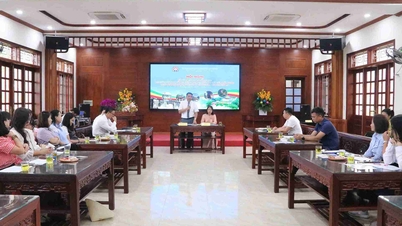



















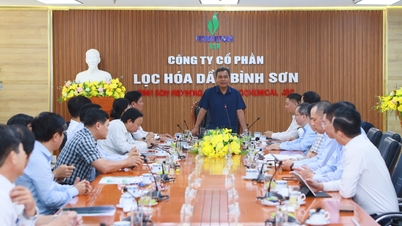









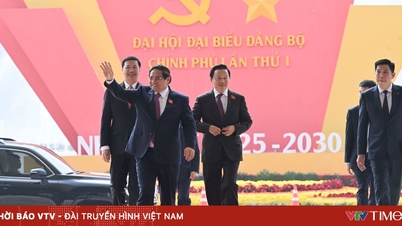


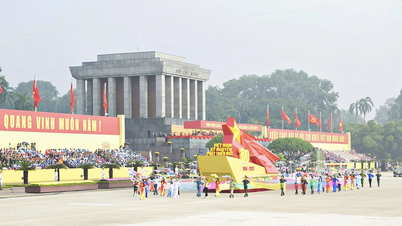





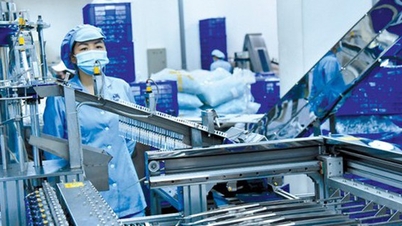
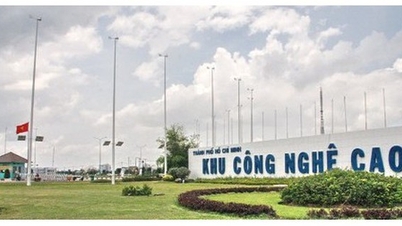
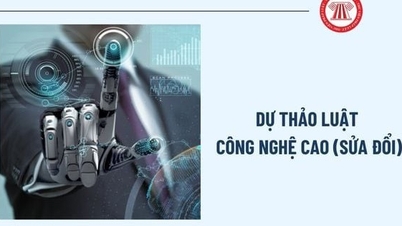
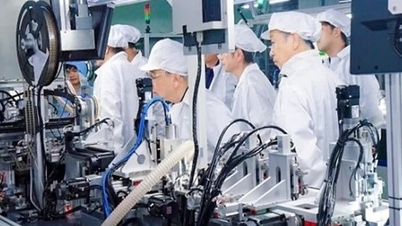
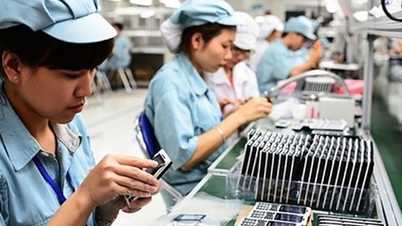



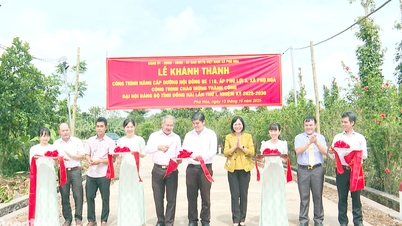





















Comment (0)